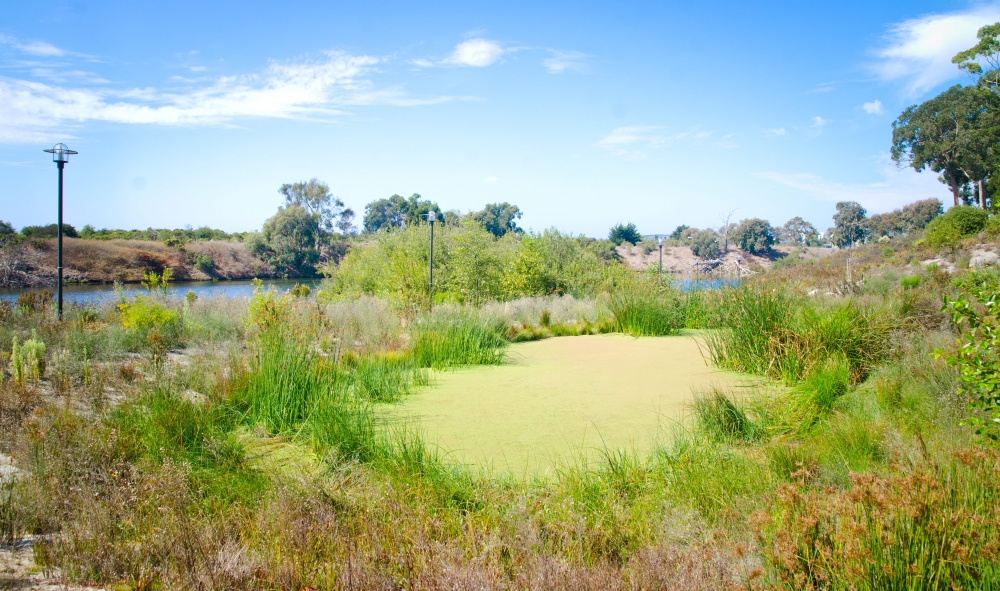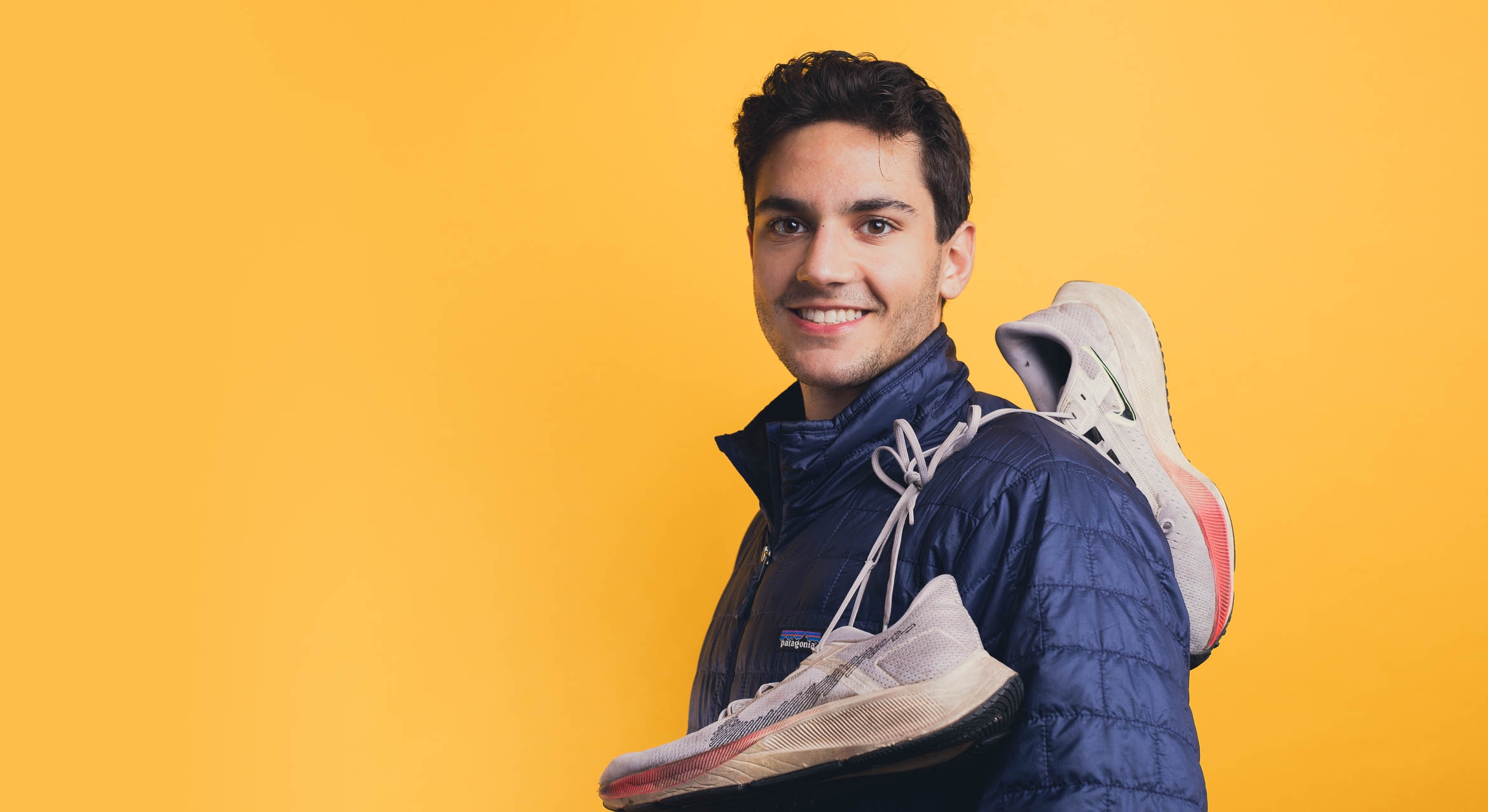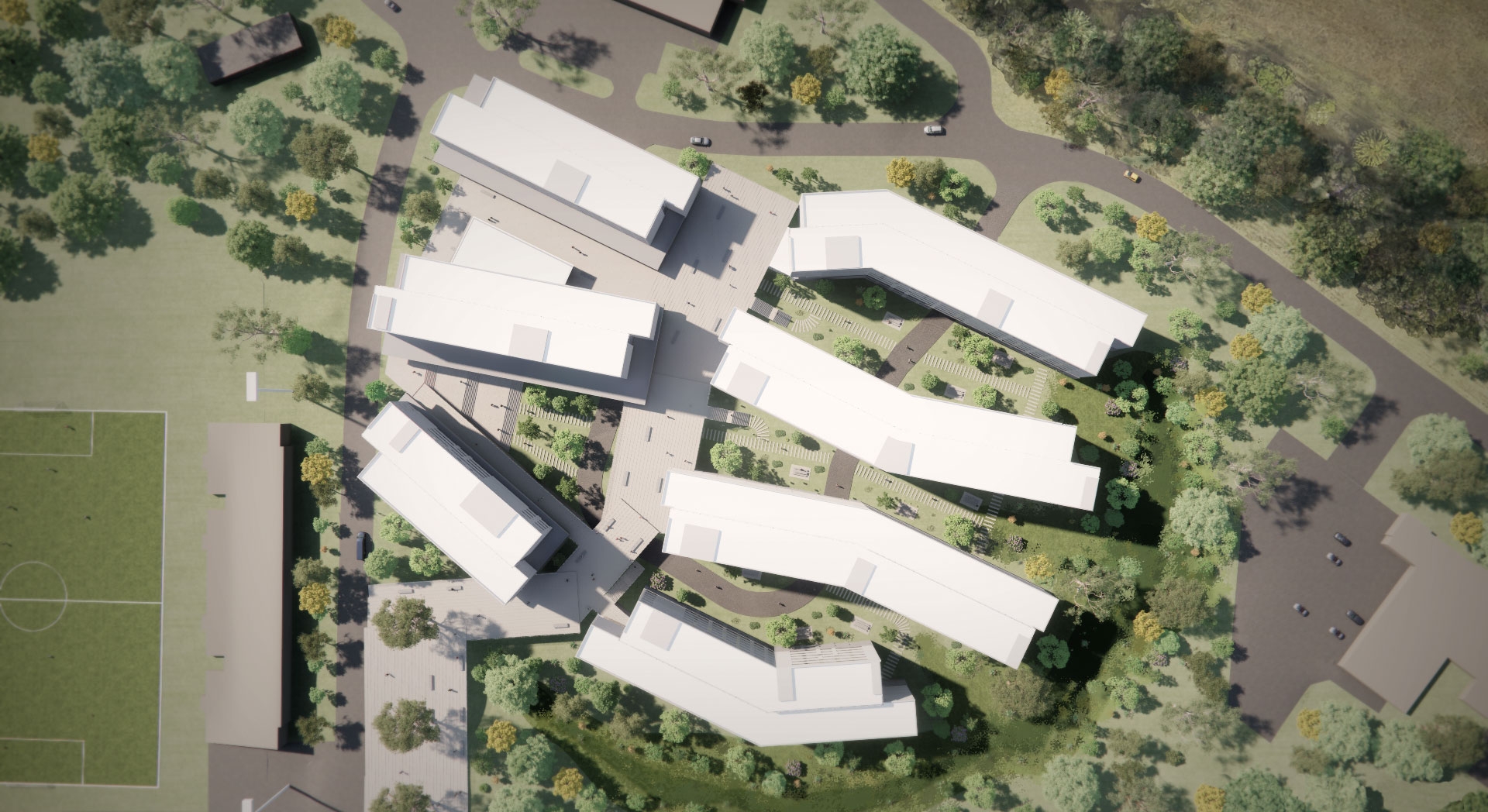
Ideas and Inspiration
From water conservation, energy efficiency and carbon neutrality, to waste reduction, food sourcing and the “greening” of laboratories, all aspects of campus sustainability will be addressed during the 16th annual California Higher Education Sustainability Conference (CHESC), June 26-30 at UC Santa Barbara.
Meant to gather together like-minded individuals and professionals to share their research and work in the field, CHESC welcomes leaders — students included — from campuses statewide to share their practices and initiatives, and to network and learn from one another.
“This event is a unique opportunity for the UC, CSU, California community colleges and private institutions to create dialogue across one another,” said Katie Maynard, CHESC event manager and UCSB sustainability coordinator. “CHESC brings together stakeholders from all four systems of higher education in California to ensure that best practices are shared and we can tackle the pressing issues of our time.”
Among those issues is food. And sustainability efforts therein run the gamut: sustainable production and responsible procurement, sustainable dining and kitchen practices, campus food pantries, community gardens, food security and food justice. Such matters have long been a passion for keynote speaker and UCLA alumna Nikki Silvestri.
The founder and CEO of the firm Soil and Shadow, and former executive director of People’s Grocery, Silvestri has championed social equity for underrepresented populations in food systems, social services, public health, climate solutions and economic development. She will give the talk “Inner and Outer Ecology: What We Can Learn from Soil,” at 8 a.m. Monday, June 26, in Campbell Hall at UCSB.
A closing talk, at 4:15 p.m. Wednesday, June 28, will feature ecologist Tim Carter, president of the organization Second Nature, which works to accelerate climate action in, and through, higher education. A former faculty member at Butler University, Carter was the founding director of that institution’s Center for Urban Ecology. He will speak about “Higher Education’s Collective Action to Solve ‘Super Wicked’ Problems.”
Before, in between and following those addresses, an array of research presentations, as well as case studies in curriculum development, operational programs and community partnerships round out the schedule. There are multiple sustainability tours on tap, of UCSB solar arrays, closed loop systems, LEED Platinum green housing and more. A dedicated symposium and subsequent poster show will highlight the work of UC Global Food Initiative and Carbon Neutrality Initiative fellows.
It’s all part and parcel of what is meant to be an idea-sharing festival –– a massive, multi-day brainstorming session of sorts –– as much as a source of inspiration.
Said Maynard: “Our hope is that our attendees take away tangible ideas about what they could implement at their institutions by giving them an opportunity to learn from their colleagues, learn what’s already happening, what’s possible and what’s been done and proven on another campus so they don’t have to reinvent the wheel.”
That has been CHESC’s central aim since it was founded at UCSB in 2002. What started then with 100 guests from across the UC system convening to talk best practices has evolved into a full-scale, five-day conference with a robust slate of talks, presentations and tours — for an estimated 800 people.
Participants this year come from 63 campuses statewide, including all the UCs, as well as CSU, California Community College and private and independent campuses. The UC Agriculture and Natural Resource Division, Lawrence Berkley National Laboratory, UC Office of the President and the CSU Chancellor’s Office will also be represented.
On-site registration will be available each day of the conference, starting at 7 a.m. A list of prices and ticket packages, as well as a complete schedule, can be found here.



